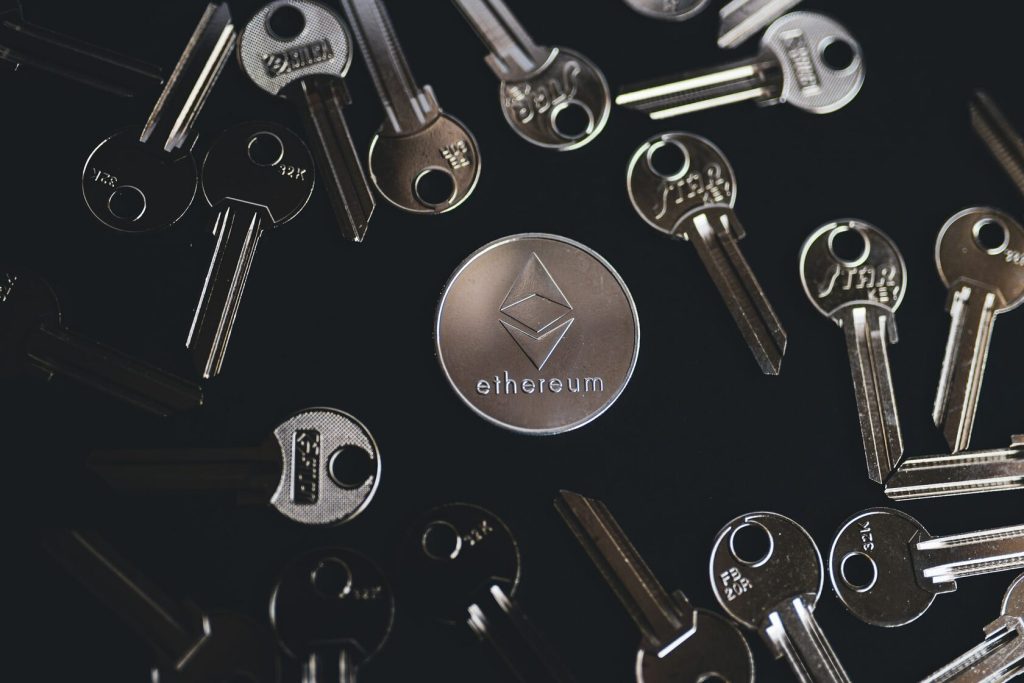Blockchain: The Technology Revolutionizing the Real Estate Industry

On September 12th, DigiShares, PropTech Denmark, Green Building Council Denmark, and Byggesocietetet held an event in Copenhagen aimed at informing the audience about why blockchain is more than just a current fad and has the possibility of revolutionizing the real estate market. Presentations from the conference can be obtained here. Videos from the conference can […]
New technology is Working to Make Real Estate Agents and Advisers Redundant

Article taken and translated from here. Blockchain technology can push the real estate industry far into the digital age. And the industry needs a push, says the network Proptech Denmark. ØRESTAD – Imagine the real estate industry without brokers and where everything goes digital with the help of digital currencies and real estate deals where […]
DigiShares Announces White-Label Multi-Project Platform for Security Tokens

European digital assets technology provider DigiShares has announced the release of their new white-label multi-project platform. The platform is a major upgrade from the previous more limited single-project platform. The new platform can handle the issuance, purchase and ongoing token holder management processes for multiple projects as once, and can also be configured for single-project […]
Claus Skaaning CEO of Digishares

Originally posted here by Antoine Tardif: You were previously the COO of Venturefusion – a crypto-security ecosystem for startup creation and growth. How did you transition to becoming CEO of DigiShares?The vision of VentureFusion is to create a decentralized incubator platform for startups. It will work as a collaboration and bootstrapping platform where founders can […]
Security Tokens Are Not All Created Equal

Claus Skaaning: 26-08-2019 Security tokens are tokens with a security property, for example revenue sharing voting rights. In some cases they resemble shares, and in other cases bonds and other familiar security types. Security tokens were in practice invented by the United States Securities and Exchange Commission (SEC) who was struggling to classify the flood […]

